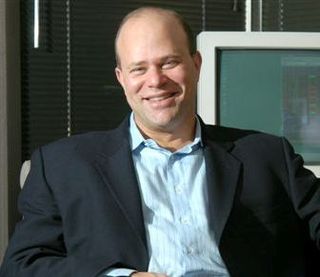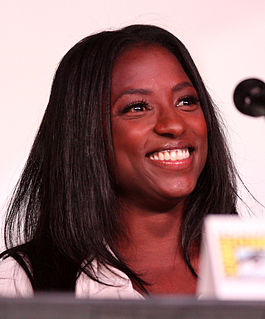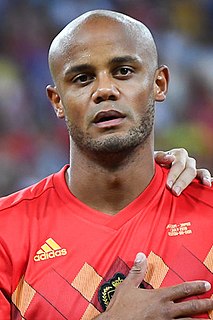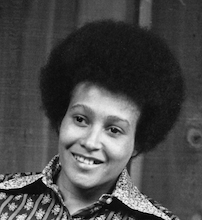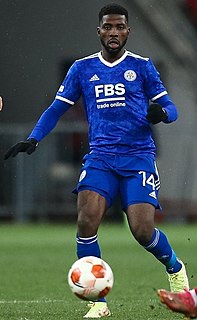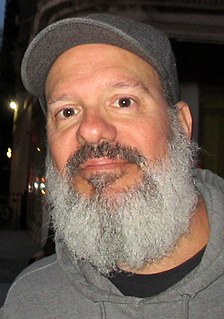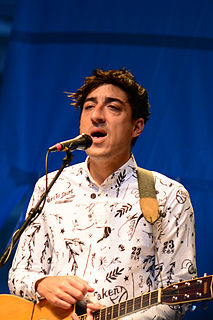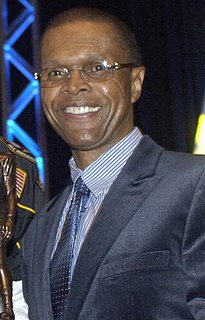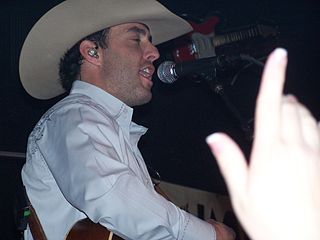A Quote by Josh Rosen
O.K., my family isn't, like, stupid-wealthy. But I'm coming from a place where if football doesn't work out, I don't have to work at McDonald's.
Related Quotes
Whichever work you do, people go through life having several priorities. I know my football is what got me here. The work I do for SOS or my charity work in general has always been a priority for me, and then my family is a priority as well, so you set yourself different things, and they just balance each other out.
I get flack for saying [when I visit a college and give a speech], "This is a nice college, but the really great educator is McDonald's." They hate me for saying this and think I'm a slimy creature. But McDonald's hires people with bad work habits, trains them, and teaches them to come to work on time and have good work habits. I think a lot of what goes on there is better than at Harvard.
I told my kids, 'It doesn't matter if this person or that person in the family isn't perfect; this is what you've got. We have to work with that, and if you can't work with that, then you're just jumping into someone else's family, and there's always going to be something missing if you don't work that out.'
I'm deeply grateful to live and work in this country and to the United States for opening its arms to me the way it has. I mean I think my attitude as an Aussie coming here - I've been coming here for a while now, I've been coming here for about 12 or 13 years - is that this country has afforded me and my family work and security. For that, I'm forever grateful.
I feel like a lot of the stuff coming out right now just feels really inauthentic to me. But apparently, people don't seem to see through it. And this makes me sound bitter, but it's just my perspective. I'm not bitter. I just feel like there's a lot of stuff that doesn't feel like it's coming from a place of any sort of integrity. It just doesn't feel like it's coming from the heart, basically. It just feels like it's being produced because people know it's a formula that will work, or it's easily digestible and fun to look at.
No work-family balance will ever fully take hold if the social conditions that might make it possible - men who are willing to share parenting and housework, communities that value work in the home as highly as work on the job, and policymakers and elected officials who are prepared to demand family-friendly reforms - remain out of reach.


